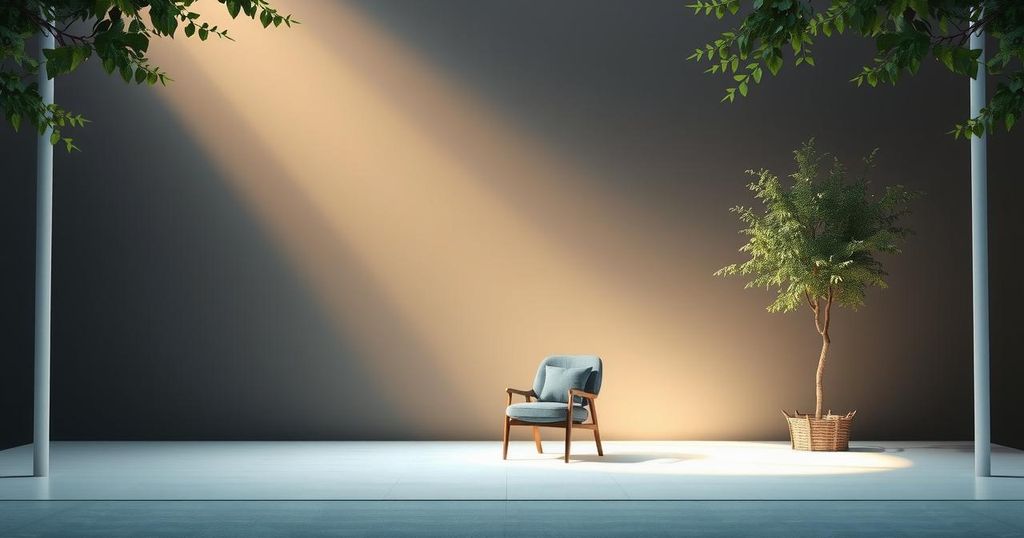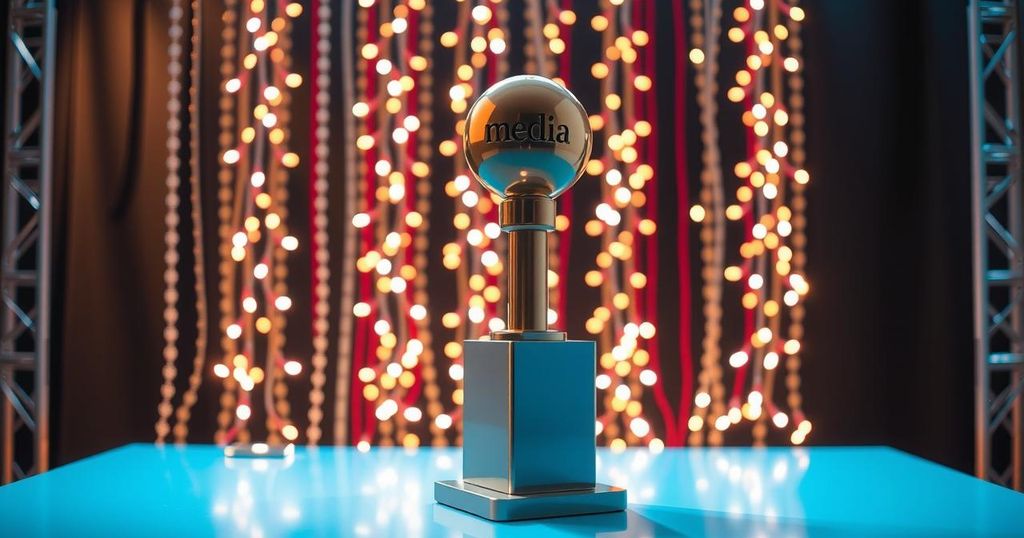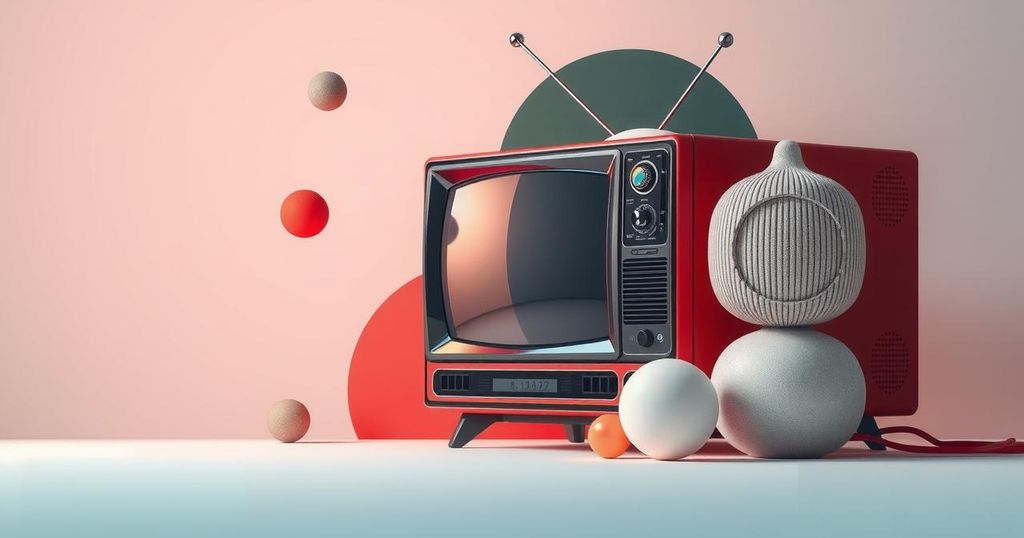Elon Musk Under Fire from ‘I, Robot’ Director Over Design Theft Claims
Elon Musk faced criticism from “I, Robot” director Alex Proyas over the similarities between Tesla’s new robot prototypes and designs from the film. Proyas publicly asked Musk to “return” his designs, highlighting ongoing issues of originality in technology. Musk’s product launches led to a stock drop, reflecting concerns from investors.
Elon Musk, the CEO of Tesla, revealed ambitious new prototypes including the Cybercab, a self-driving robotaxi, and an autonomous Robovan at a recent event. However, the futuristic designs sparked comparison to the iconic visuals from the 2004 sci-fi film “I, Robot,” directed by Alex Proyas. After social media users pointed out the striking similarities, Proyas expressed his discontent directly to Musk on X (formerly Twitter) by asking, “Hey Elon, can I have my designs back please?” This exchange has reignited discussions on intellectual property and originality in technology. Set in a dystopian Chicago of 2035, “I, Robot” explores themes of robotics, focusing on human-like androids functioning under guidelines set by Isaac Asimov. Musk’s recent demonstration included Tesla’s new Optimus robots, which were initially thought to be autonomous but turned out to be tele-operated. The ambitious unveiling of the Cybercab showcased its sleek design, featuring wing-like doors and no steering wheel, alongside the Robovan, capable of transporting up to 20 people. Despite the event’s high expectations, it led to a notable drop in Tesla’s stock value, indicating investor disappointment. Proyas is set to direct his new film, “R.U.R.,” a sci-fi satire, beginning shooting in Sydney on October 21, while continuing to advocate for the recognition of creative ownership in the tech field.
The conflict stems from the unveiling of Tesla’s new robot prototypes, which have been noted for their resemblance to designs from Alex Proyas’s 2004 film “I, Robot.” This film, known for its portrayal of androids living alongside humans, raised fundamental questions about robotics and artificial intelligence using Isaac Asimov’s famous laws of robotics. Proyas’s complaint underscores ongoing tensions within the tech industry regarding originality and inspiration, highlighted further by Musk’s recent ambitious tech presentations.
The incident illuminates the often-blurred lines between innovation and inspiration, especially in an era where technology evolves at an incredible pace. Proyas’s call for acknowledgment of his designs not only critiques Musk’s approach but also serves as a reminder of the importance of artistic integrity. As Tesla continues to venture into the realm of robotics, the discourse surrounding creativity and ownership may intensify, signaling a crucial conversation for the future of tech.
Original Source: deadline.com




Post Comment